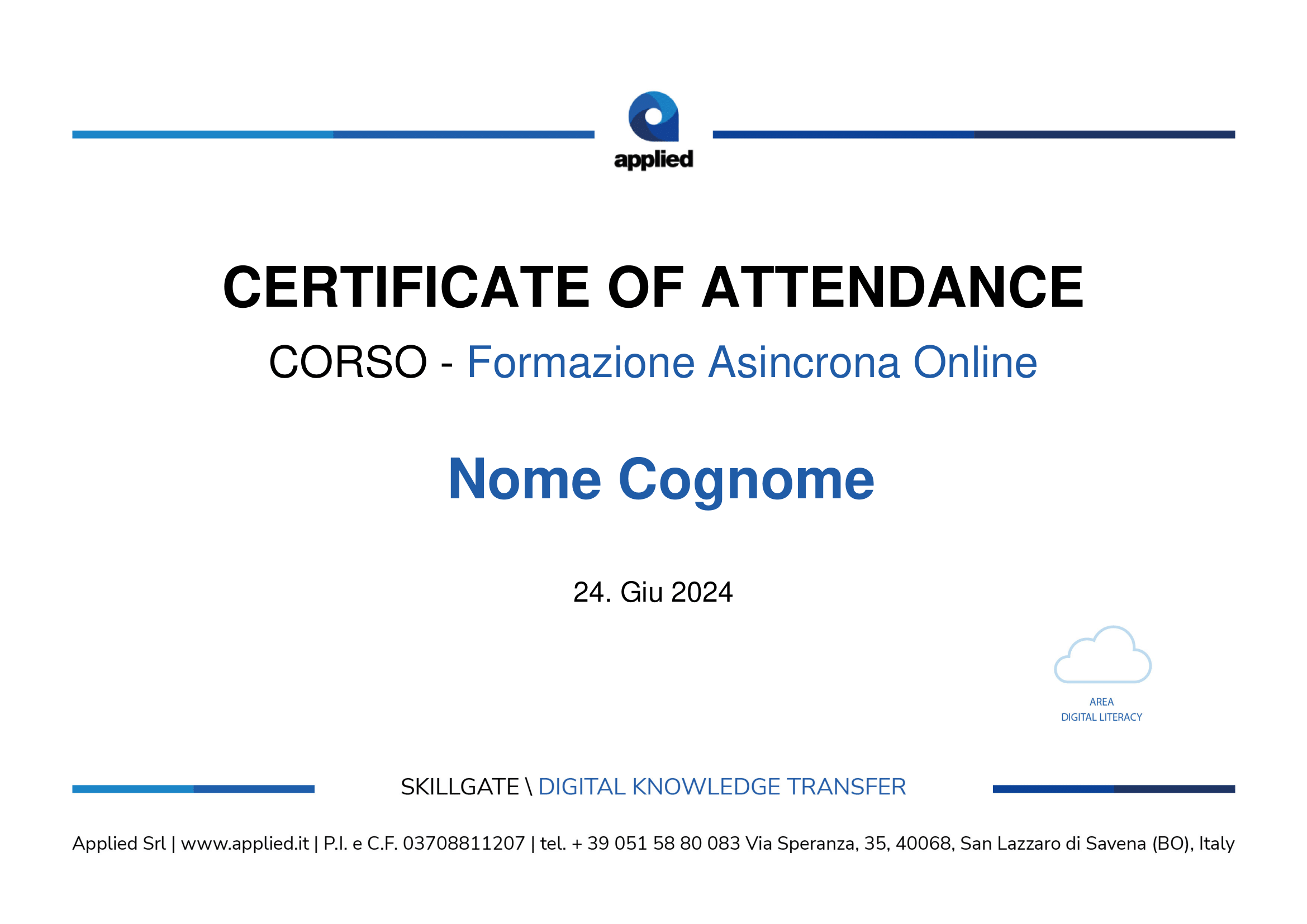Project Management
The Project Management course explores traditional and Agile methods to improve business operations and gain competitive advantage, focusing on structure, risk and quality.

Course description
The Project Management course provides an in-depth understanding of the importance and role of projects, distinguishing between traditional and agile approaches.
Participants will gain knowledge about the structural aspects of projects, including fundamental principles, business justification, organizational structure, life cycle and processes. The course explores quality requirements and risk management, and provides an overview of some agile practices.
Main topics:
- Projects and project management
- Traditional project management and Agile project management
- Fundamental principles
- Business case
- Project's organizational structure
- Project management's life cycle and processes
- Requirements and quality
- Risk management
- Some Agile practices
Who is the course for?
Job opportunities and roles that benefit from this course
Design
- Ute hw electrical designer
- Electrical designer ute sw
- Mechanical designer
Sales
- Product manager
- Project manager
Design
- Electrical hw designer
- Electrical sw designer
- Mechanical designer
- Project manager
Staff
- Controller
- Project manager
Course goals
Basic Concepts
Understanding the importance and role of projects
Agile vs. Traditional
Understanding the difference between traditional approaches and agile approaches
Key elements
Understanding the key elements to monitor
Methodology
Gaining some introductory elements on working methods and techniques
This course includes
-
Examples of real business cases
-
Course completion certificate
-
Downloadable in-depth content
-
Help desk support
-
Access from mobile and tablet
-
Comprehensive monitoring of educational progress
-
Skills assessment test (mandatory)
-
Intermediate assessment tests (optional)
Course completion certificate
After completing the course it is possible to obtain a downloadable certificate to display as evidence of the skills achieved. The certification can be combined according to company needs.


Course's lecturer
Doriano Gallozzi
- Manager and specialist in Project Management and IT Governance
- Over 20 years of experience in IT projects
- ITIL 4 Master PRINCE2 7th DSDM AgilePM Scrum Master
- Design Thinking MoP PPM TOGAF Enterprise Architect CPRE
- DevOps Data Science PM131
Course's contents
-
Projects and Project Management
- PM and Agile specialization methodological references
- What is a project
- Project carachteristics
- What is Project Management?
- Six key performance aspects of a PM
- Stand-alone projects, programs, portfolios
- Projects in commercial environments
- The basic philosophy of the Agile approach
- What Agile means
- Traditional Project Management
- Agile Project Management
- Comparing two approaches
- Does Agile always work?
- The 7 fundamental principles
- Ongoing business rationale
- Learning from experience
- Defined roles and responsibilities
- Stage management
- Management by exception
- Products-focused
- Tailored adaptation to the project
- Business rationale
- Results and benefits
- Structure of the business case
- Project's organization
- Three main project focuses: business, user, supplier
- Project's organizational structure
- Agile project organizational structure
- processes introduction
- Traditional Project Management process model
- Project initiation: scope and process flow
- Project direction: scope and process flow management
- Project initiation: scope and process flow
- Stage check: purpose and process flow
- Product delivery management: purpose and process flow
- Product delivery management: Agile version
- Stage boundaries management: purpose and process flow
- Project Closure: Scope and Process Flow
- Agile project model: the framework and tailoring
- Quality
- Basic concepts and definitions
- Quality planning and control
- Plan the products to be created: the PBS
- Quality verification technique: roles
- Requirements of the Agile world: the user story
- Definition of ready (DoR) and done (DoD)
- Definition of risk in a project
- What is a risk
- Risk management
- Step 1: Identify the context and risks
- Step 2: Risk assessment
- Step 3: Plan select risk responses and budget for risks
- Step 4: Implement
- Step 5: Communicate
- Instrumental factors for success in an Agile project
- Workshop practices
- Modelling
- Timeboxing
- prioritization technique: MoSCoW
- Estimating: The Planning Poker
- daily stand up meeting
- review
- retrospective
Entry requirements
Access to any browser
PC / Tablet / Smartphone device
Internet connection
Design Area
Discover our customised training courses for the design area, designed to sharpen your technical skills. We offer tailor-made solutions for every professional need.
| Design | Document Management & PDM-PLM | Project Management | ERP and business organization |
| Documentarian and validator |  |
||
| Ute hw electrical designer |  |
 |
|
| Electrical designer ute sw |  |
 |
|
| Mechanical designer |  |
 |
 |
| Sales | Document Management & PDM-PLM | Project Management | ERP and business organization |
| Product manager |  |
 |
 |
| Project manager |  |
 |
|
| Area manager |  |
||
| Sales assistant |  |
||
| After sales assistant |  |
Planning
Discover our customised training courses for the area of organisational management and planning, designed to optimise your managerial skills. Tailor-made solutions for every professional need.
| Design | Project Management | ERP and business organization |
| Electrical hw designer |  |
 |
| Electrical sw designer |  |
 |
| Mechanical designer |  |
 |
| Project manager |  |
 |
General
Explore our customised training courses for the staff area, designed to improve your administrative and support skills. Tailor-made solutions for every professional role.
| Staff | ERP and business organization | Project Management |
| Operations and administrative procedures officer |  |
|
| Controller |  |
|
| Project manager |  |
 |
All Mindset enabling area courses
-
M02Remote Working
-
M03Open Innovation
